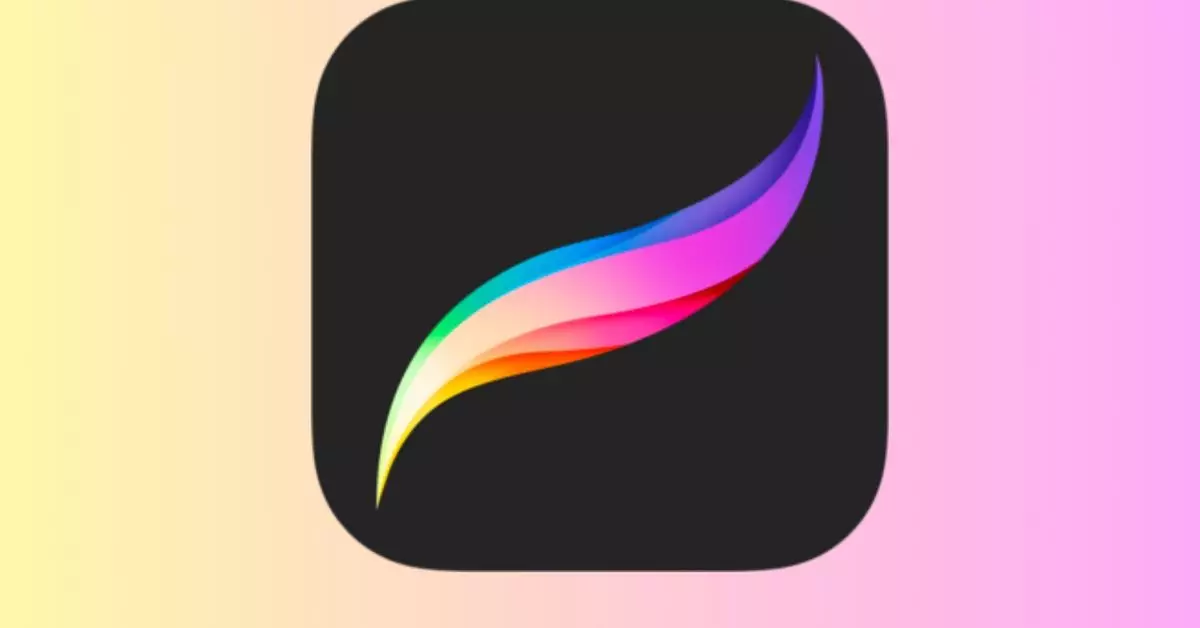The use of generative AI in the creative industry has been a topic of much debate and controversy in recent times. Procreate, a popular iPad illustration app, has recently made a bold statement against the integration of generative AI tools in its products. This decision has sparked discussions and received praise from the creative community.
One of the main concerns raised by digital illustrators is the fact that AI models have been trained on their content without their consent or compensation. This raises ethical questions about the use of intellectual property and the exploitation of artists’ work. Furthermore, there is a fear that the widespread adoption of generative AI technology will lead to a decrease in job opportunities for creatives, as AI tools become more advanced and capable of producing art.
Procreate’s CEO, James Cuda, stated that the company will not be integrating generative AI into its products. He expressed his disapproval of the direction the industry is taking and the impact it is having on artists. Procreate believes that generative AI is stripping away the human element in art and leading us towards a future devoid of creativity. The company acknowledges the potential of machine learning technology but believes that the current path of generative AI is not aligned with their values.
The announcement made by Procreate has garnered widespread praise from creatives online who are dissatisfied with how other companies have handled the influx of generative AI tools. Competitors like Clip Studio Paint have even backtracked on their plans to introduce image-generation features after facing backlash from their user base. Other companies, such as Wacom and Wizards of the Coast, have also issued apologies for unintentionally using AI-generated assets in their products.
In contrast to companies like Adobe, Procreate has maintained a positive reputation within the creative community. Adobe, despite attempting to take a more ethical approach to generative AI by ensuring that their Firefly models are trained on licensed or out-of-copyright content, has faced criticism for not adequately supporting independent artists. The backlash over changes to their terms of service agreement further solidified their negative image. Procreate, on the other hand, has chosen to stick to a one-time purchase model and has continued to expand its offerings to cater to the needs of artists.
The debate surrounding generative AI in the creative industry continues to evolve. Companies like Procreate are taking a stand against the integration of AI tools in their products, highlighting the need for ethical considerations and respect for artists’ rights. As the industry grapples with these challenges, it becomes essential for companies to prioritize the well-being and interests of the creative community.


Leave a Reply